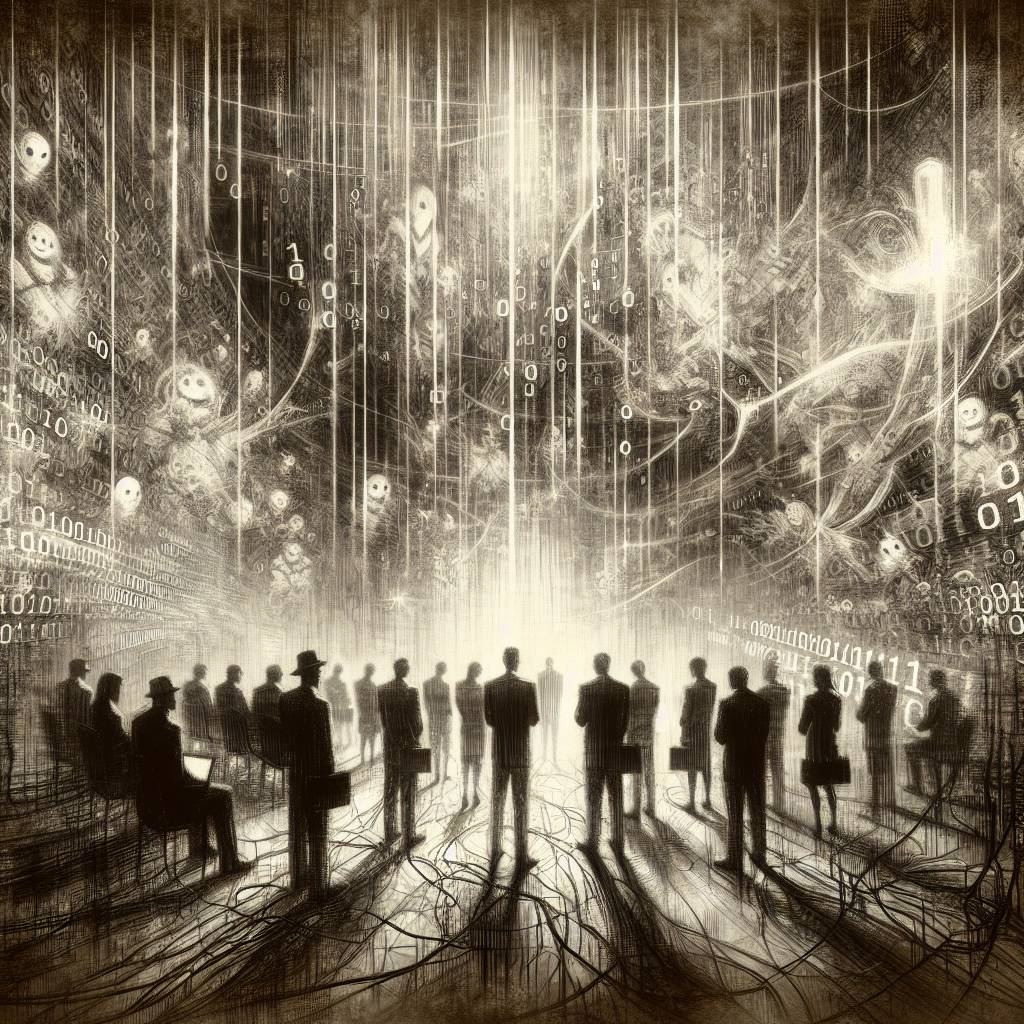Cybersecurity Chaos: When Malware Meets Diplomacy and Hackers Get the Last Laugh
National security and cybersecurity are merging like peanut butter and jelly in a chaotic sandwich. Governments are now using malware and fake news as diplomatic tools, making every cyberattack a political chess move. In this wild digital age, diplomacy isn’t just about shaking hands—it’s about securing your networks too.

Hot Take:
As cyberattacks become the new international chess moves, it seems like hackers have traded in their hoodies for tuxedos, joining the elite ranks of global politics. Who knew that the next James Bond would need a degree in computer science?
Key Points:
- The U.S. Treasury has sanctioned Chinese and North Korean entities linked to cyber threats, indicating the deepening connection between cybersecurity and national diplomacy.
- A new phishing kit, Sneaky 2FA, targets Microsoft 365 accounts, demonstrating the evolving sophistication of cyber threats.
- The FBI has successfully wiped PlugX malware from thousands of computers, showcasing law enforcement’s increasing role in cyber defense.
- Russian hackers continue their cyber espionage in Kazakhstan, underscoring the geopolitical nature of modern cyber threats.
- Google Ads has become a target for phishing campaigns, illustrating the irony and complexity of cybersecurity challenges.
Already a member? Log in here
